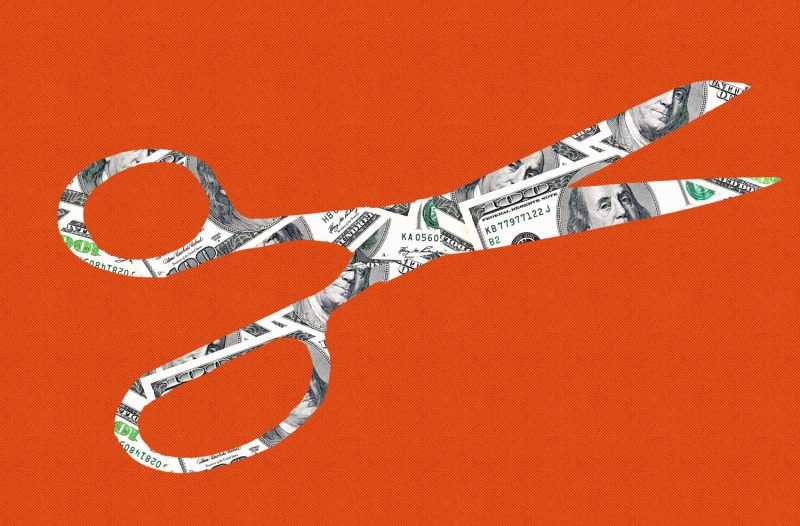Given the current financial climate, many speculate that an interest rate cut is looming. This likely economic shift will have a significant bearing on your personal finance management. Consequently, it’s crucial to understand what actions to take to position your financial strategy advantageously.
**Understanding Interest Rate Cuts**
At its most basic, an interest cut means the cost of borrowing would drop, and the interest generated for lenders and savers would decrease. These adjustments are usually implemented by central banks to stimulate economic growth during periods of economic stagnancy or to counteract inflation. For consumers, the effects become apparent through lower returns on savings, decreased loan rates, and potentially increased spending.
**Revisit Your Savings Strategy**
In anticipation of a rate cut, one of the first areas to address is savings. With lower interest rates, the returns on savings accounts can diminish. Therefore, you may want to consider other forms of investments. High yield savings accounts, certificates of deposit, and money market accounts can provide alternatives with often higher returns than regular savings accounts. Moreover, while it might be time to diversify your savings accounts, refrain from completely dislocating your savings strategy, as keeping money in an easily accessible place for emergencies is advised.
**Consider Your Investment Portfolio**
A rate cut often presents mixed effects on the stock market. The short-term reaction to an interest rate cut is usually positive, as reduced borrowing costs can encourage spending, lowering the cost of capital and potentially boosting corporate profits. However, if the rate cut is due to concerns about economic growth, the longer-term impact on stocks could be negative. It’s advisable to review your investments in anticipation of market volatility and potentially rebalance your portfolio to ensure it aligns with your long-term financial objectives and risk tolerance.
**Review Your Debts**
A decrease in interest rates directly affects credit card, mortgage, and loan rates. Firstly, for those with substantial credit card debt, a rate cut might present an excellent opportunity to consolidate or refinance your debt as you might end up paying lower interest rates. Similarly, those with fixed-rate loans won’t see immediate changes, but anyone looking to get a new mortgage or refinance might find it cheaper due to lower interest rates. Experts advise using this as a chance to get a head start on repaying existing debts.
**Evaluate Large Purchases**
The impact of an interest rate cut extends to the realm of large purchases that require loans, such as automobiles or homes. Lower borrowing costs mean it’s an opportune time to take






























